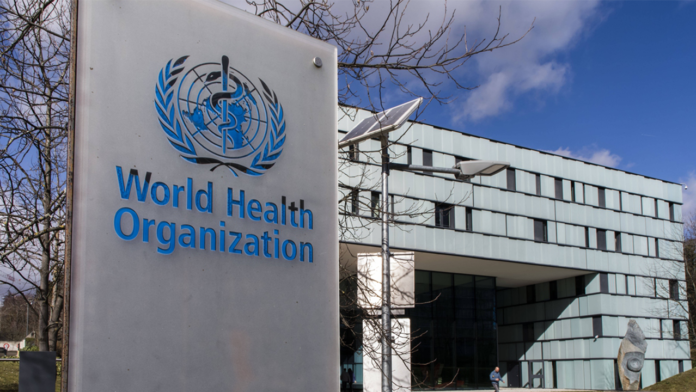The World Health Organization (WHO) has convened an emergency meeting to address the growing spread of mpox outside the Democratic Republic of the Congo (DRC).
Mpox, formerly known as monkeypox, is a viral disease endemic to Central and West Africa. It spreads through physical contact with infected individuals, animals, or contaminated materials. Symptoms include a skin rash or lesions, fever, headache, muscle aches, back pain, low energy, and swollen lymph nodes.
The disease gained international attention two years ago when cases emerged globally during the COVID-19 pandemic. That outbreak was declared a public health emergency of international concern in July 2022, a designation lifted the following May.
In response to the current situation and the potential for further international spread, WHO Director-General Tedros Ghebreyesus has called an Emergency Committee to determine whether the outbreak constitutes a public health emergency of international concern, the highest level of alert issued by the UN agency.
“The committee will meet as soon as possible and will consist of independent experts from various relevant disciplines worldwide,” Ghebreyesus stated on Wednesday in Geneva.
He noted that the DRC has been experiencing a severe mpox outbreak since the beginning of the year, with over 14,000 cases and 511 deaths reported. While outbreaks have been documented in the DRC for decades, the number of cases in the first six months of this year equals the total for all of 2023.
“In the past month, about 50 confirmed and suspected cases have been reported in four countries neighboring the DRC that have not previously reported mpox: Burundi, Kenya, Rwanda, and Uganda,” he said.
Ghebreyesus explained that the outbreaks are caused by different clades of the virus. Clade 1 has circulated in the DRC for years, while Clade 2 was responsible for the 2022 global outbreak. The current outbreak in eastern DRC is due to a new offshoot of Clade 1, called Clade 1b, which causes more severe disease than Clade 2. Clade 1b has been confirmed in Kenya, Rwanda, and Uganda, while the clade in Burundi is still being analyzed.
Additionally, cases of Clade 1a have been reported this year in the DRC, Central African Republic, and Republic of Congo, while Clade 2 has been identified in Cameroon, Côte d’Ivoire, Liberia, Nigeria, and South Africa.
WHO is collaborating with affected governments, the Africa Centre for Disease Control, NGOs, civil society, and other partners to understand and address the outbreak’s drivers. Ghebreyesus emphasized that stopping transmission requires a comprehensive response centered on community engagement.
WHO has developed a $15 million regional response plan to support surveillance, preparedness, and response activities. An additional $1 million from an emergency fund has been released to scale up the response, with more funding expected.
Two mpox vaccines have been approved by WHO-listed national regulatory authorities, and the organization’s expert group on immunizations, SAGE, has also recommended them.
“I have initiated the process for Emergency Use Listing of both vaccines, which will expedite vaccine access, particularly for lower-income countries that have not yet issued their own national regulatory approval,” Ghebreyesus said.
Emergency Use Listing will enable the global vaccine alliance, Gavi, and the UN Children’s Fund (UNICEF) to procure doses for distribution. These partners were also part of the COVAX initiative, aimed at ensuring COVID-19 vaccine equity.



